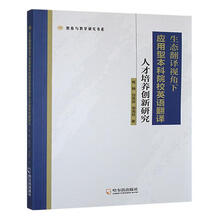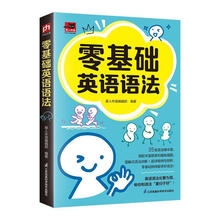The most important thing to remember is to be courteous and thoughtful to the peoplearound you, regardless of the situation. Consider other peoples feelings, stick to yourconvictions as diplomatically as possible. Address conflict as situation-related, ratherthan person-related. Apologize when you step on toes. You cant go too far wrong if youstick with the basics you learned in Kindergarten. (Not that those basics are easy toremember when youre in a hard-nosed business meeting!)
This sounds simplistic, but the qualities we admire most when we see them in people inleadership positions, those are the very traits we work so hard to engender in ourchildren. If you always behave so that you would not mind your spouse, kids, orgrandparents watching you, youre probably doing fine. Avoid raising your voice (surprisingly, it can be much more effective at getting attention when lower it!) usingharsh or derogatory language toward anyone (present or absent), or interrupting. You may not get as much "airtime" in meetings at first, but what you do say will be much more effective because it carries the weight of credibility and respectability.
Guidelines and Tips
It is important to note that etiquette in other cultures requires a bit of adaptation and flexibility. If youre travelling on business to a foreign destination, or have visitors here, it is a good idea to learn as much as you can about the culture they are coming from and make appropriate allowances.
展开










